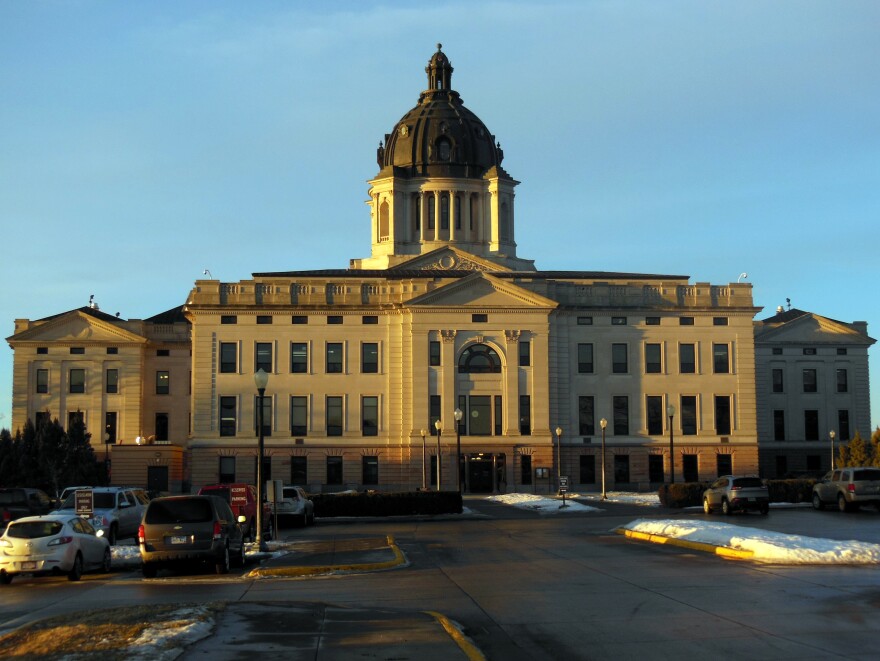South Dakota voters will get the chance to adjust a constitutional amendment they passed in 2016 – Marsy’s Law.
During debate Wednesday, Republican senators moved the vote to the primary election, as opposed to the general election.
Critics of the move say that will disenfranchise voters who aren’t registered as Republican.
The crime victims bill of rights treats notification of every crime the same. That’s caused a strain on county budgets across the state. The adjustment to Marsy’s Law gives victims of crimes the ability to request withholding of information about a crime.
During Senate debate on Wednesday, House Joint Resolution 1004 got amended to essentially get placed on the primary election ballot in June, rather than the general election in November.
Democrats say the change will limit who votes on the bill, because they don’t have any primary challenges in June.
Republican State Senator Jim Bolin says he is sensitive to that sentiment.
“But the importance of this measure makes it so that it would be—it should be expedited. Every voter in South Dakota will be able to vote on HJR 1004. It won’t be just members of one political party,” Bolin says. “Every voter in South Dakota will be able to vote on this, whether positive or negative."
Bolin says, if passed, the earlier vote will ultimately save counties money.
But critics of the move to a primary election disenfranchises the fifty three percent of South Dakota voters who aren’t registered Republicans.
Democratic State Senator Billie Sutton says by moving to a primary vote, only a small group of people will decide on the outcome, rather than encouraging the whole state to vote on the issue.
“We’re moving a constitutional amendment to the primary. You’re limiting the amount of people who are going to vote on this thing, so I think it does set a bad precedent,” Sutton says. “It also sends a message that the majority here in Pierre thinks they can do whatever they want, whenever they want and there are no repercussions. And I hope South Dakotans remember this when it comes general election time.”
Sutton says he and other Democrats are not opposed to adjusting Marsy’s Law, but they say the move sets a bad precedent for future constitutional amendments.

